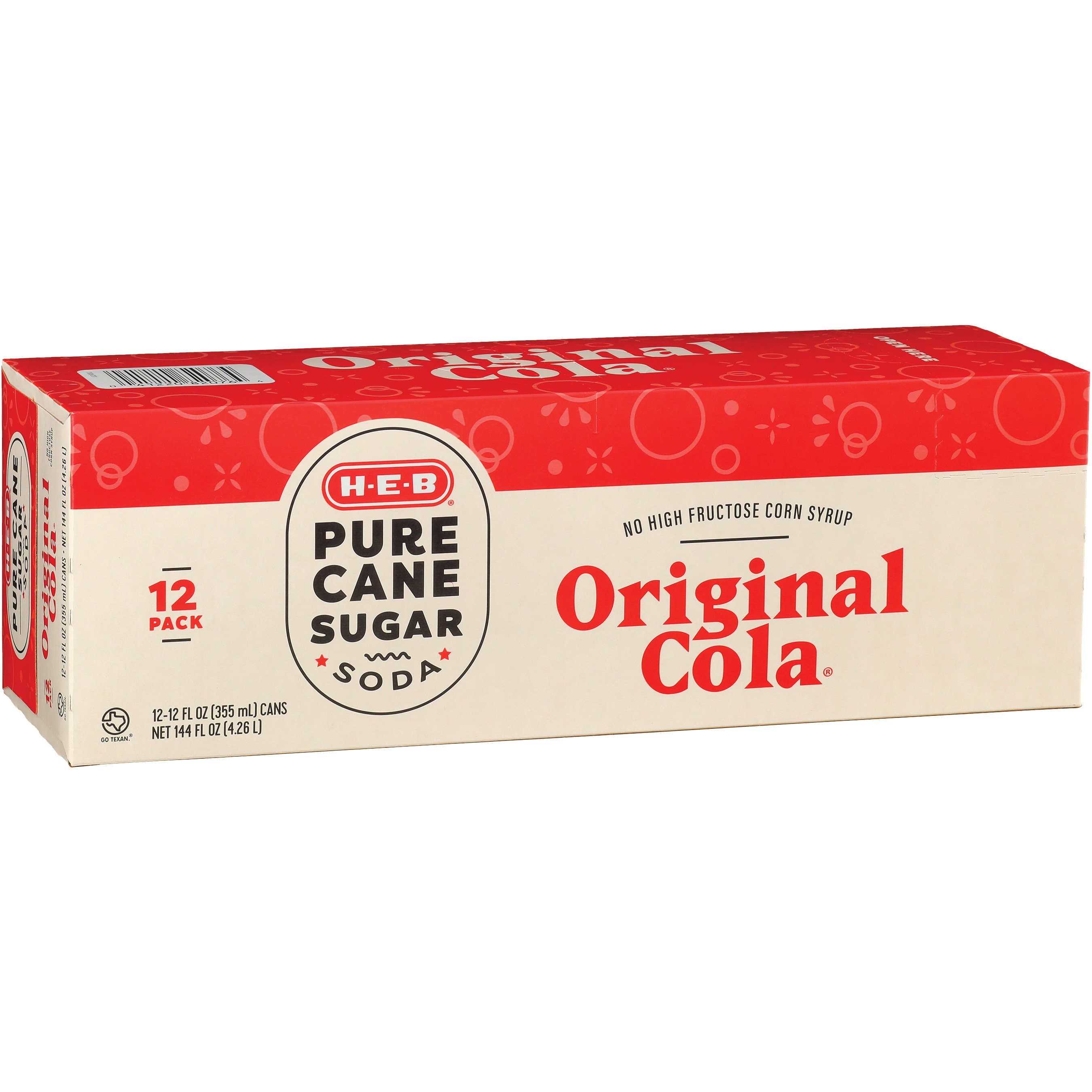A Thorough Review of the Health and Economic Implications of Walking Stick Sugar Handling on Local Neighborhoods
Walking stick sugar processing plays an essential role fit the economic landscape of neighborhood areas, using employment possibility and promoting supplementary industries. Nevertheless, the wellness implications related to high sugar intake can not be neglected, as they add to rising prices of excessive weight and diabetic issues. This nuanced dynamic welcomes an important exam of just how neighborhoods can optimize financial gains while attending to journalism health and wellness difficulties they face. The exploration of instructional efforts and sustainable methods might simply hold the trick to reconciling these conflicting passions. What techniques might neighborhoods apply to achieve this balance?
Economic Advantages of Walking Stick Sugar Processing
Walking cane sugar processing provides significant financial advantages that extend past the prompt farming sector. The cultivation and processing of sugarcane develop countless job chances, from farming to production and distribution. This work generation not only supports neighborhood economic situations but likewise promotes area growth by giving stable earnings resources for family members.
In addition, the sugar sector stimulates ancillary companies, including transportation, tools supply, and packaging solutions (Cane Sugar Processing). As these sectors grow, they add to a more durable financial framework, boosting overall community durability. The export potential of refined cane sugar further magnifies financial benefits, positioning regions as affordable gamers in international markets
Financial investment in contemporary handling centers can lead to enhanced efficiency and performance, thus reducing waste and enhancing source use. This change not only benefits the neighborhood economic situation however additionally supports sustainability efforts by lessening environmental effects.
In addition, the revenue generated from walking stick sugar processing can be reinvested in regional facilities, education and learning, and medical care, advertising alternative area growth. On the whole, the economic advantages of cane sugar handling are complex, giving a structure for sustaining success in agricultural regions.
Health Risks Connected With Sugar Intake
Excessive sugar consumption positions significant health and wellness risks that call for significant focus. High consumption of included sugars, particularly from refined drinks and foods, has actually been connected to many health and wellness problems.
Furthermore, high sugar intake is connected with cardiovascular condition. Elevated blood sugar level levels can bring about insulin resistance, a precursor to numerous heart-related issues. In addition, sugar can have harmful results on oral wellness, resulting in tooth cavities and gum illness, as microorganisms in the mouth prosper on sugar, generating acids that wear down tooth enamel.
Moreover, arising research suggests a possible link between high sugar usage and psychological wellness disorders, such as depression and stress and anxiety. As areas face these health threats, it becomes vital to promote awareness and motivate healthier dietary choices. Resolving sugar consumption is important not just for specific wellness yet also for the general health of regional communities, highlighting the need for detailed public health and wellness techniques.
Environmental Impacts of Sugar Production
Often ignored in conversations concerning sugar's implications is the substantial environmental effect of sugar production. The farming of sugarcane usually requires substantial land usage, bring about deforestation, loss of biodiversity, and disturbance of regional environments. The conversion of forests and wetlands into sugar plantations can cause environment damage, harmful many varieties and modifying environmental balance.
Furthermore, sugar production is resource-intensive, consuming significant quantities of water for irrigation. This can lead to exhaustion of local water sources, detrimentally impacting both agricultural techniques and area access to clean water. In addition, the use of chemical fertilizers and chemicals in sugarcane farming can add to soil destruction and water air pollution, as drainage from these chemicals gets in neighboring rivers and lakes, affecting marine life and human health.
The environmental impact encompasses the processing stage, where energy consumption and waste generation more intensify eco-friendly concerns. Air pollution from shedding sugarcane areas, together with greenhouse gas discharges, add to environment change. Therefore, the environmental effects of sugar production warrant significant consideration, prompting stakeholders to embrace even more sustainable techniques to reduce these adverse impacts on local communities and communities.
Work Development and Community Growth
The ecological difficulties positioned by sugar production are frequently counteracted by its potential for economic advantages, specifically in job development and area development. The walking cane sugar sector works as a considerable resource of work in many rural areas, supplying work across different ability degrees, from agricultural labor to processing and circulation roles. This employment not just sustains private families however also adds to the general economic vitality of local areas.
Additionally, the establishment of sugar processing facilities promotes ancillary services, such as transportation services, equipment supply, and upkeep suppliers. As these businesses grow, they create additional tasks and boost neighborhood economic situations. The profits generated from the sugar market additionally results in raised tax obligation earnings, which can be reinvested right into community services such as facilities, education, and medical care advancement.
Additionally, the sugar sector usually participates in community growth initiatives, such as sustaining local colleges and health and wellness programs, thereby boosting the lifestyle for citizens. By promoting solid area connections and advertising economic growth, the cane sugar handling field plays a vital role in uplifting neighborhood populaces, making it a necessary element of lasting advancement approaches in sugar-producing regions.
Balancing Health and Economic Development
In browsing the complexities of cane sugar processing, an essential obstacle lies in balancing wellness factors to consider with economic development. The sugar market significantly adds to regional economic climates by producing work, boosting associated industries, and enhancing tax revenues. Nevertheless, the health and wellness implications related to excessive sugar consumption can lead to chronic illness such as weight problems, diabetes mellitus, and cardio concerns, which can concern public Continue health systems and lessen labor force performance.

Additionally, regulatory structures can play a pivotal duty in leading sector methods in the direction of more sustainable and health-conscious techniques. By fostering cooperation between federal government bodies, wellness organizations, and the sugar market, communities can browse the dichotomy of wellness and economic development, guaranteeing that the advantages of walking stick sugar handling are equitably shared while focusing on public health and wellness.
Final Thought
Finally, the handling of walking stick sugar provides both considerable financial advantages and noteworthy health and wellness dangers for regional communities. While it fosters job creation and stimulates regional development, the involved wellness concerns, especially regarding weight problems and diabetes, demand a careful harmonizing act. By promoting liable usage and investing in area education and lasting methods, it is feasible to optimize economic benefits while minimizing adverse health effects, therefore ensuring a much healthier future for regional populations.
Additionally, sugar can have detrimental results on dental health and wellness, resulting in tooth cavities and gum disease, as germs in the mouth prosper on visit this website sugar, generating acids that deteriorate tooth enamel.
Addressing sugar consumption is vital not just for individual health and wellness yet also for the overall health of neighborhood areas, emphasizing the need for comprehensive public health approaches.
Frequently neglected in discussions about sugar's effects is the considerable environmental influence of sugar production. The wellness ramifications linked with excessive sugar usage can lead to chronic illness such click to read as excessive weight, diabetes mellitus, and cardiovascular problems, which can burden public health and wellness systems and lessen workforce efficiency.
